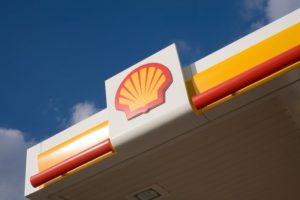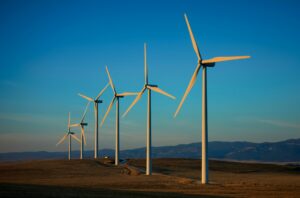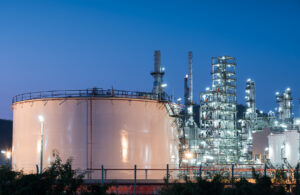Shell Deutschland GmbH has taken a final investment decision (FID) to convert the hydrocracker of the Wesseling site at the Energy and Chemicals Park Rheinland into a production unit for Group III base oils, used in making high-quality lubricants such as engine and transmission oils.
Crude oil processing will end at the Wesseling site by 2025 but will continue at the Godorf site.
 Huibert Vigeveno, Shell’s downstream and renewables director, says: ‘The repurposing of this European refinery is a significant step towards serving our growing lubricant customer base with premium base oils. This investment is part of Shell’s drive to create more value with less emissions.’
Huibert Vigeveno, Shell’s downstream and renewables director, says: ‘The repurposing of this European refinery is a significant step towards serving our growing lubricant customer base with premium base oils. This investment is part of Shell’s drive to create more value with less emissions.’
The high degree of electrification of the base oil plant, as well as the ceasing of crude oil processing into fuels at the Wesseling site, is expected to reduce Shell’s scope 1 and 2 carbon emissions (those which come directly from our operations and those from the energy we buy to run our operations) by around 620,000 tonnes a year. Shell’s target is to become a net-zero emissions energy business by 2050.
The new base oil plant is expected to start operations in the second half of this decade. It will have a production capacity of around 300,000 tonnes a year, equivalent to about 9% of current EU demand and 40% of Germany’s demand for base oils.










